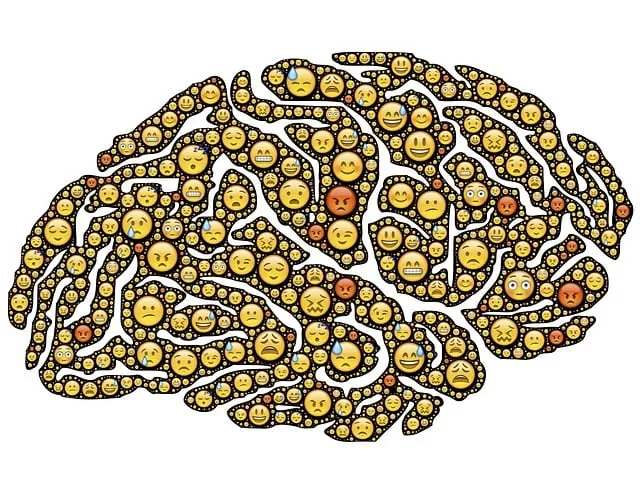Kaiser Permanente's Mental Health Aurora Program offers a holistic approach to community wellness, empowering individuals with self-care tools and promoting early intervention. Evaluating its impact through both quantitative (standardized tools) and qualitative (interviews, focus groups) methods, the program adapts services based on feedback and data analysis, ensuring continuous improvement. Advanced analytics enable targeted interventions and optimized resource allocation for enhanced effectiveness, focusing on communication, coping skills, and trauma support.
Evaluating mental wellness programs is paramount in ensuring their effectiveness, and this article explores the methods behind assessing the Kaiser Permanente Mental Health Aurora Program. By examining various evaluation techniques, we uncover how data-driven insights can improve initiatives like Kaiser’s. We delve into the process of measuring impact, from understanding program components to employing feedback loops and advanced data analysis. This comprehensive approach allows for continuous improvement, ensuring programs like Kaiser Permanente Mental Health Aurora remain vibrant and tailored to community needs.
- Understanding Kaiser Permanente Mental Health Aurora Program
- Evaluation Methods for Measuring Impact and Effectiveness
- Continuous Improvement: Feedback Loops and Data Analysis Techniques
Understanding Kaiser Permanente Mental Health Aurora Program

Kaiser Permanente’s Mental Health Aurora Program is a comprehensive initiative designed to enhance mental wellness within the community. This program focuses on empowering individuals with tools for self-care and resilience building, emphasizing the importance of early intervention and preventive measures. Through various Self-Awareness Exercises, participants gain insights into their emotional well-being, fostering better management of stress and promoting positive mental health.
The Aurora Program takes a holistic approach, addressing not only individual needs but also advocating for Mental Health Policy Analysis and Advocacy at larger scales. By engaging community members in these efforts, the program strives to create sustainable change, ensuring better access to mental health resources and reducing the stigma surrounding these issues.
Evaluation Methods for Measuring Impact and Effectiveness

Evaluation methods play a pivotal role in assessing the impact and effectiveness of mental wellness programs, such as those offered by Kaiser Permanente Mental Health Aurora. One powerful approach is through quantitative assessments, which involve standardized tools to measure changes in symptoms, functioning, and quality of life before and after program participation. These tools can range from depression and anxiety scales to measures of emotional intelligence and emotional regulation, providing a comprehensive view of an individual’s mental health trajectory.
Additionally, qualitative methods offer valuable insights into participants’ experiences and perceptions. Interviews, focus groups, and surveys that explore individuals’ journeys, challenges, and successes within the program provide a deeper understanding of the program’s effectiveness from the user’s perspective. Integrating both quantitative and qualitative data allows for a nuanced evaluation, ensuring that the Community Outreach Program Implementation is tailored to meet the unique needs and experiences of those it serves.
Continuous Improvement: Feedback Loops and Data Analysis Techniques

At Kaiser Permanente mental health Aurora, continuous improvement is a cornerstone of their wellness programs. This involves robust feedback loops where participants’ experiences and outcomes are regularly assessed to identify areas for enhancement. By actively gathering input through surveys, interviews, and focus groups, the program can tailor its services to meet evolving needs. This iterative process ensures that the offerings remain relevant and effective in addressing mental health challenges.
Data analysis plays a pivotal role in this continuous improvement cycle. Utilizing advanced techniques, such as predictive analytics and trend identification, Kaiser Permanente mental health Aurora analyzes participation data, treatment outcomes, and client satisfaction metrics. These insights enable them to implement targeted interventions, optimize resource allocation, and enhance overall program effectiveness. The integration of communication strategies, coping skills development, and trauma support services is continually refined based on these analyses, fostering a supportive environment that promotes mental wellness.
The evaluation methods employed by the Kaiser Permanente Mental Health Aurora Program are integral to its continuous improvement. By measuring impact and effectiveness through diverse techniques, the program can identify areas for enhancement and ensure it aligns with the evolving needs of its participants. Utilizing feedback loops and data analysis, the Mental Health Aurora Program demonstrates a commitment to optimizing mental wellness support, setting a standard for comprehensive care within the healthcare industry.






